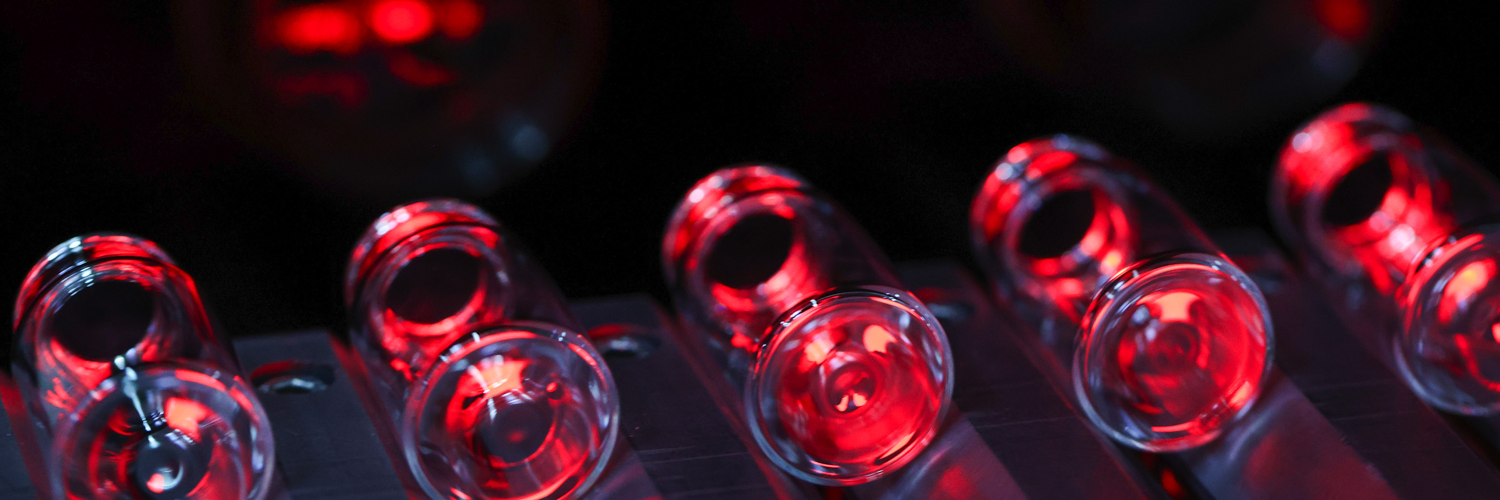

Recently, Editor-in-Chief of Digital Discovery, Alan Aspuru-Guzik, shared his thoughts on the journal and why it is an important new destination for digital chemistry research. Explore our recent interview with him below.
"If you have something that you feel is scopeless, don’t be hopeless – give us a call… maybe we’ll put it in #DigitalDiscovery – the future is what we want to capture in our journal!" @A_Aspuru_Guzik
For more from Alán and more about #DigitalDiscovery
👉 https://t.co/Nqr0jmU9Cb pic.twitter.com/Z1FJQzaDS4— Royal Society of Chemistry (@RoySocChem) May 28, 2021
“If you want to collaborate across timezones and geographical divisions and cultures, data is king, data speaks, data is what you need to think about. It will democratise science. It will make people from all over the world be able to pick it up sooner. " @A_Aspuru_Guzik pic.twitter.com/Is2DKd2Qlb
— Royal Society of Chemistry (@RoySocChem) May 28, 2021
"We will be encouraging our authors to share ALL their experimentation data – good or bad, failed or wrong – the AI and all these tools drive on negative data. Datasets balanced between positive and negative data are kind of like what feeds the monster of AI" @A_Aspuru_Guzik pic.twitter.com/LW7oKBVbIn
— Royal Society of Chemistry (@RoySocChem) May 28, 2021
"The big question behind #DigitalDiscovery is we want to accelerate scientific discovery – to think about how to discover things faster either for discovery or engineering purposes. We want an inclusive journal where these advances are featured and described." @A_Aspuru_Guzik pic.twitter.com/3BnSiwETO0
— Royal Society of Chemistry (@RoySocChem) May 28, 2021

